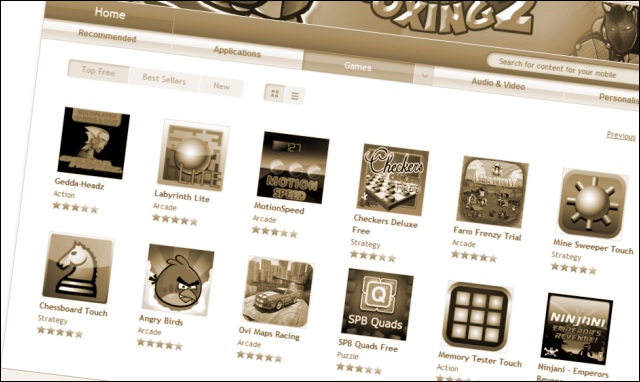In a perfect world, people would be happy to trust everything about a title from the description and screenshots available from a website or in an app store. Unfortunately, we are all fallible and that means that developers need to be smart in creating their demo versions.
These versions, in the last two or three years, have been available as standalone “lite” apps, so they can, hopefully, rocket up the free charts; acting as both a demo version but also as a little bit of advertising in the stores. Given that the majority of downloads are free apps (around 85% in some cases), this is one of the main routes to helping users find your title.
Once they get the demo into the hands of users, that's when the bigger challenge starts; converting that impulse download into a sale. It's unlikely that an app which shows absolutely nothing of the game will get purchased – neither will an application that puts everything on offer in the free version get a huge number of sales. There are honourable people out there, but not enough to build a credible business plan on.

That's a lot of "try me!" on show.
So how do you find the balance point? There's not much more you can do than use trial and error, as Optricks Media explained after my review of their AR Pirates game:
“As mentioned in the review, the earliest levels in the trial version are not too difficult (by design) and I think our conservative limit on the number of trial level plays does not give you a real taste of what the game is like beyond these first few levels. There is a lot more depth and challenging game play further into the game... We are currently considering how to restructure the trial version to give a better taste of the full game."
Hopefully, Dylski will return with some numbers and hard evidence on what happens when more of the game is available for free. From my own experiences of the shareware market (admittedly some years ago now, but I don't think human nature will have changed that much), the more opened up a demo is, the less sales there are. There is a balance point where not putting enough on show means you lose sales, but it's not at the mid-point of expectation, it leans much more towards the shorter demo time than the longer playing experience.
Yes, I recognise this is a big rule of thumb, and there will be exceptions. For example, the original version of Doom gave away a very long playing experience and a few people bought that on the nascent PC shareware markets. Overall though, you need to show what you have, let it be sampled a few times, and then make it as easy as possible for the user to upgrade to the full version and benefit your bank balance.
For what it's worth, as a reviewer and gamer, I think that AR Pirates needs to be opened up a little bit more, if only to demonstrate the frantic nature of the game at higher levels. As it is, it just about stays just on the right side of aggressively protecting the experience so people will pay for it.
Lite applications are here to stay, at least for the next few years – the methods used by app stores to promote applications will ensure that. The key is going to be for developers to come up with the best model to maximise their return on each title. That's going to need experimentation, some brave choices, and the occasional mistake.
Hopefully in the open world of Symbian, those results will be shared through blogs, websites and discussion papers so everyone can find the best practices to maintain and grow a healthy ecosystem.
-- Ewan Spence, July 2010.
